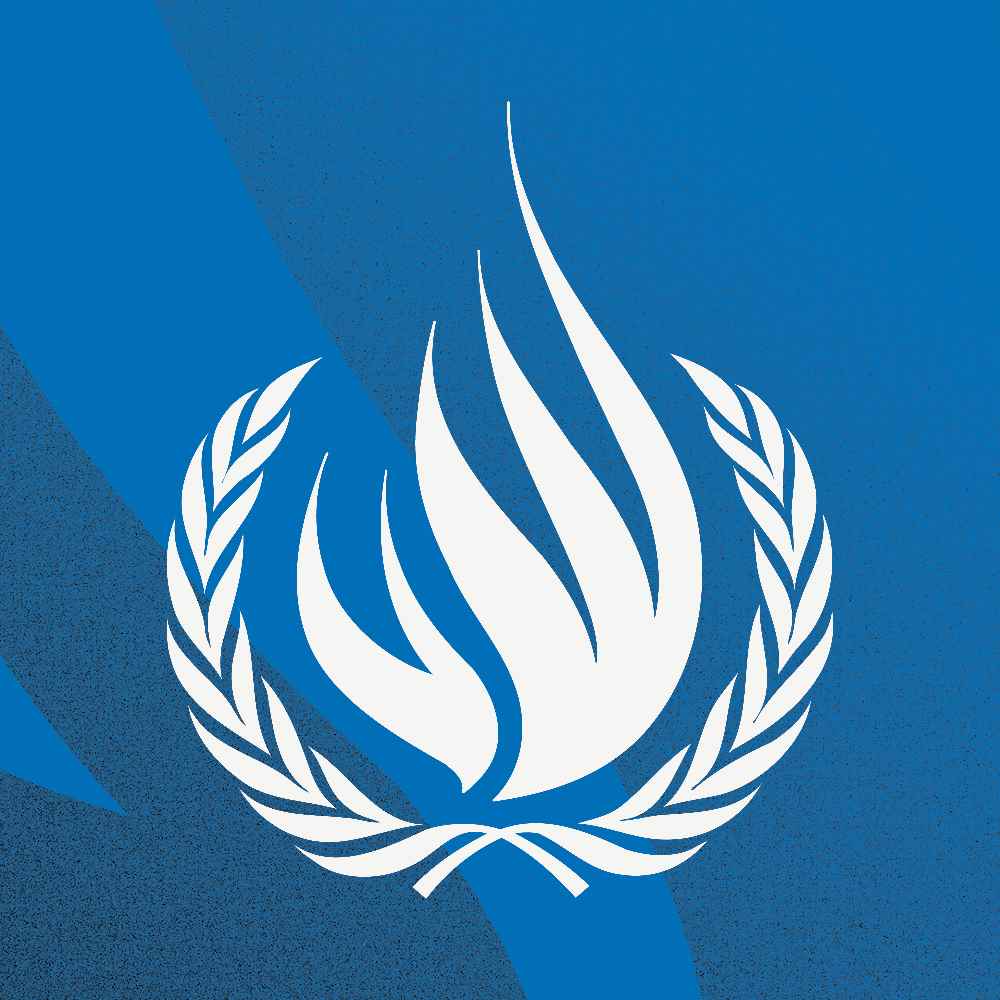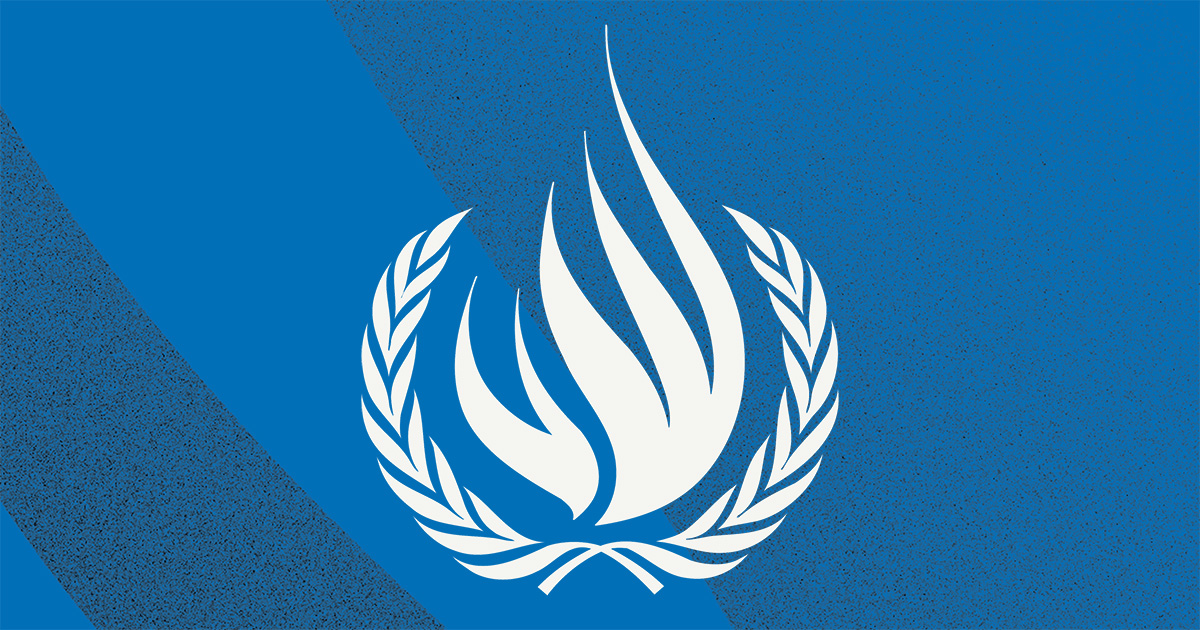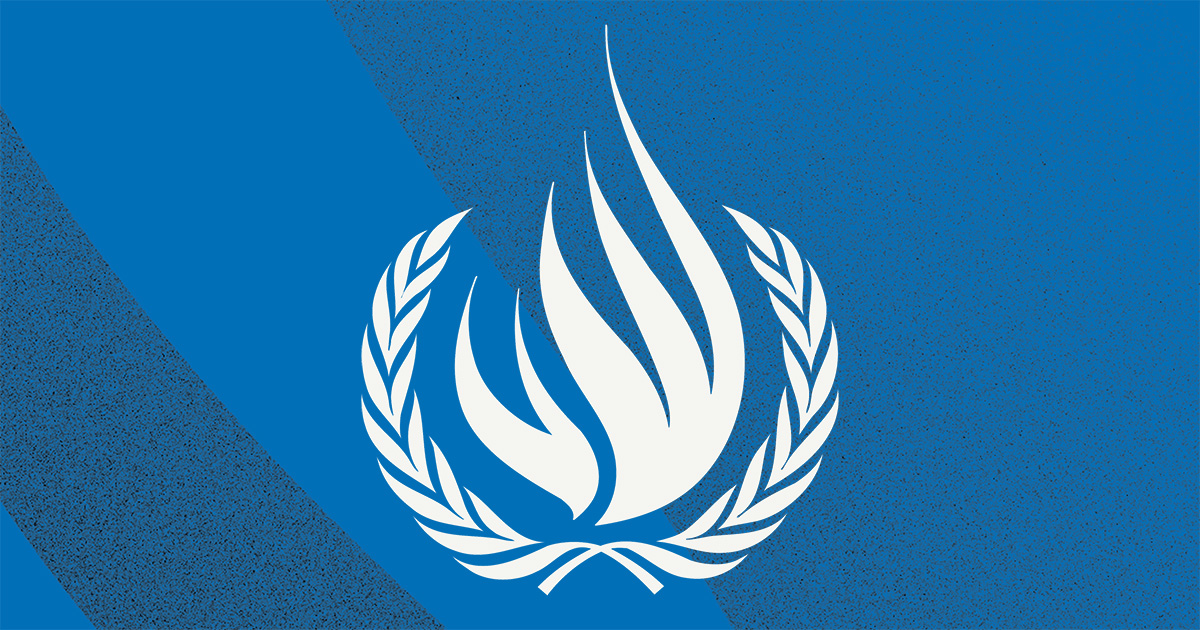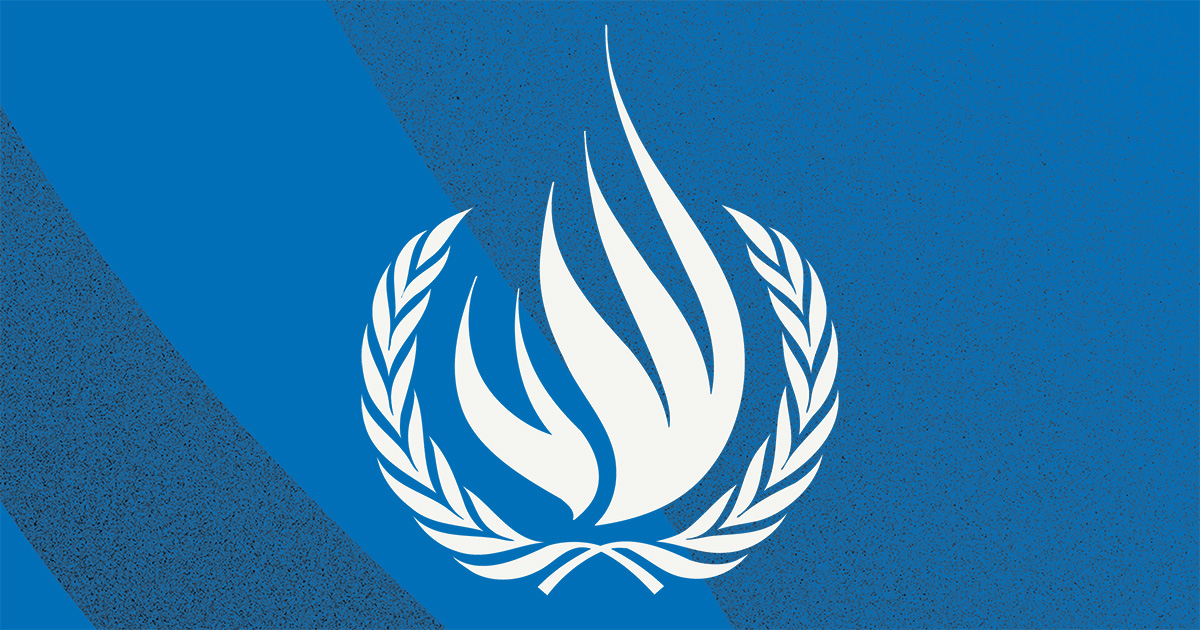
GENEVA (26 September 2024) – The Government of Georgia should repeal the overtly discriminatory legislation recently passed by Parliament, which violates the human rights to freedom of expression and peaceful assembly among others, UN experts* said today.
On 17 September, the Parliament of Georgia passed The Law of Georgia on Family Values and Protection of Minors – with corresponding amendments to the administrative and criminal codes of Georgia – which run counter to Georgia’s national and international human rights legal obligations not to discriminate in the protection of human rights based on any status.
“The recently adopted law ‘on family values and protection of minors’ violates both the national laws of Georgia and international human rights norms and standards,” the experts said. “This discriminatory law promotes bias and further restricts human rights advocacy.”
On 16 September, six experts appointed by the UN Human Rights Council sent a letter to the Government urging it not to pass the law.
“This is Georgia’s most expansive restriction on the human rights of LGBT persons and those defending them since the Government joined the United Nations and its human rights treaties two decades ago,” the experts said. “Parliament must immediately reverse course and repeal this discriminatory legislation, and the President should veto it if necessary.”
Although the law’s stated intent is to protect children and “family values”, it actually prohibits equal enjoyment of human rights by lesbian, gay, bisexual, trans and other gender-diverse (LGBT) persons and those defending their human rights. It provides for discriminatory restrictions on exercising the human rights to freedom of peaceful assembly and expression, including access to information and freedom of the media, the rights to privacy and family life, the right to health, the right to education and the right to work.
In parallel amendments to the administrative and criminal codes of Georgia, the Parliament essentially criminalised defending the human rights of LGBT persons, with threats of fines and years of imprisonment for those who dare to act or speak out against the pernicious legislation.
*The experts: Irene Khan, Special Rapporteur on the promotion and protection of the right to freedom of opinion and expression; Gina Romero Rodriguez, Special Rapporteur on the rights to freedom of peaceful assembly and of association; Tlaleng Mofokeng, Special Rapporteur on the right of everyone to the enjoyment of the highest attainable standard of physical and mental health; Ana Brian Nougrères; Special Rapporteur on the right to privacy; Farida Shaheed, Special Rapporteur on the right to education; Graeme Reid, Independent Expert on protection against violence and discrimination based on sexual orientation and gender identity.
The Special Rapporteurs, Independent Experts and Working Groups are part of what is known as the Special Procedures of the Human Rights Council. Special Procedures, the largest body of independent experts in the UN Human Rights system, is the general name of the Council’s independent fact-finding and monitoring mechanisms that address either specific country situations or thematic issues in all parts of the world. Special Procedures’ experts work on a voluntary basis; they are not UN staff and do not receive a salary for their work. They are independent from any government or organization and serve in their individual capacity.
UN Human Rights, country page – Georgia
For inquiries and media requests, please contact: Brian Griffey or Marina Sandul (hrc-ie-sogi@un.org).
For media inquiries related to other UN independent experts please contact Dharisha Indraguptha (dharisha.indraguptha@un.org) or John Newland (john.newland@un.org).
Follow news related to the UN’s independent human rights experts on Twitter: @UN_SPExperts.








